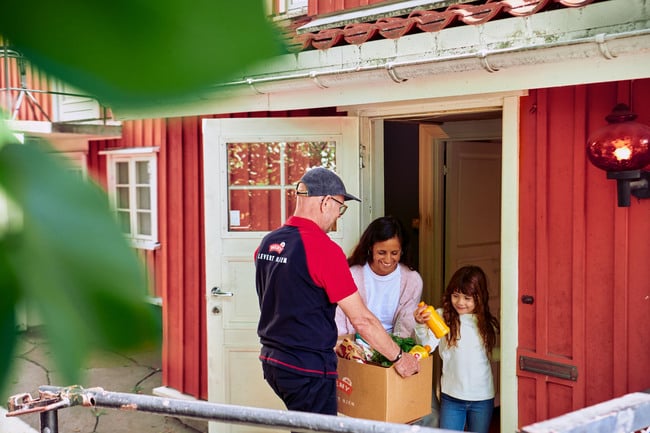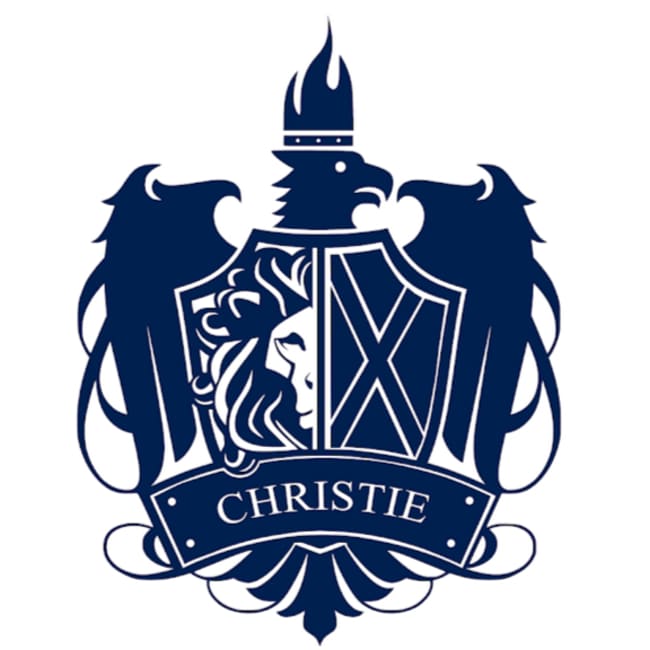AKD Solutions, the black-owned organisational change consultancy based in South Bermondsey, is today celebrating 15 years in business.
Originally founded as a small London-based change firm, today AKD has 40 employees and partners with offices in London and Lagos.
It helps a diverse set of businesses from Sport England to Manchester Airport Group with organisational change programmes that cover leadership development, equality, diversity and inclusion and cultural transformation.
Proud to practise what they preach, the company has a very diverse workforce.
Paint the world orange
The goal for the next 15 years is to ‘paint the world orange’ – bringing their services and distinctive brand to the world and evolving into a multinational, multi-lingual organisation, with global partners who are aligned to their beliefs about how difficult conversations can lead to organisational change and brilliance.
Over the last 15 years, the team has worked with companies on important change programmes including with global logistics firm DB Schenker – where AKD implemented a programme, “We are Schenker”.
It was its first global project, with its proprietary learning solution being used by 72,000 employees across the world. AKD facilitated a training programme which was rolled out worldwide to great acclaim.
Another moment of pride was working on the #TellYourStory campaign, where AKD was commissioned by UK Sport, Sport England, Sport Wales, Sport Scotland and Sport Northern Ireland to undertake a comprehensive research looking at Race, Racism and Sport. The company spoke to 325 people, including participants, coaches, volunteers and parents about their lived experiences and created a highly influential report – #TellYourStory.
Celebrate the strides
CEO Akin Thomas said: “It’s important to stop and take a moment to celebrate the strides we’ve made over the last decade and a half – our work impacts businesses and the community. We’ve grown in terms of the services we offer and the expertise that we’ve developed and share with our clients. We also developed a capacity for complex and ambitious challenges.
“The rapid expansion of tech in learning is one of the greatest changes we’ve noticed. In my opinion it should enhance learning, not define it. Too often the opposite is true. Industry has embraced the need for greater diversity and inclusion even when governments have actively tried to undermine fairness. More people are now willing to ‘lean in’ to race and have hard conversations, and are more intentional to commit to change.”











